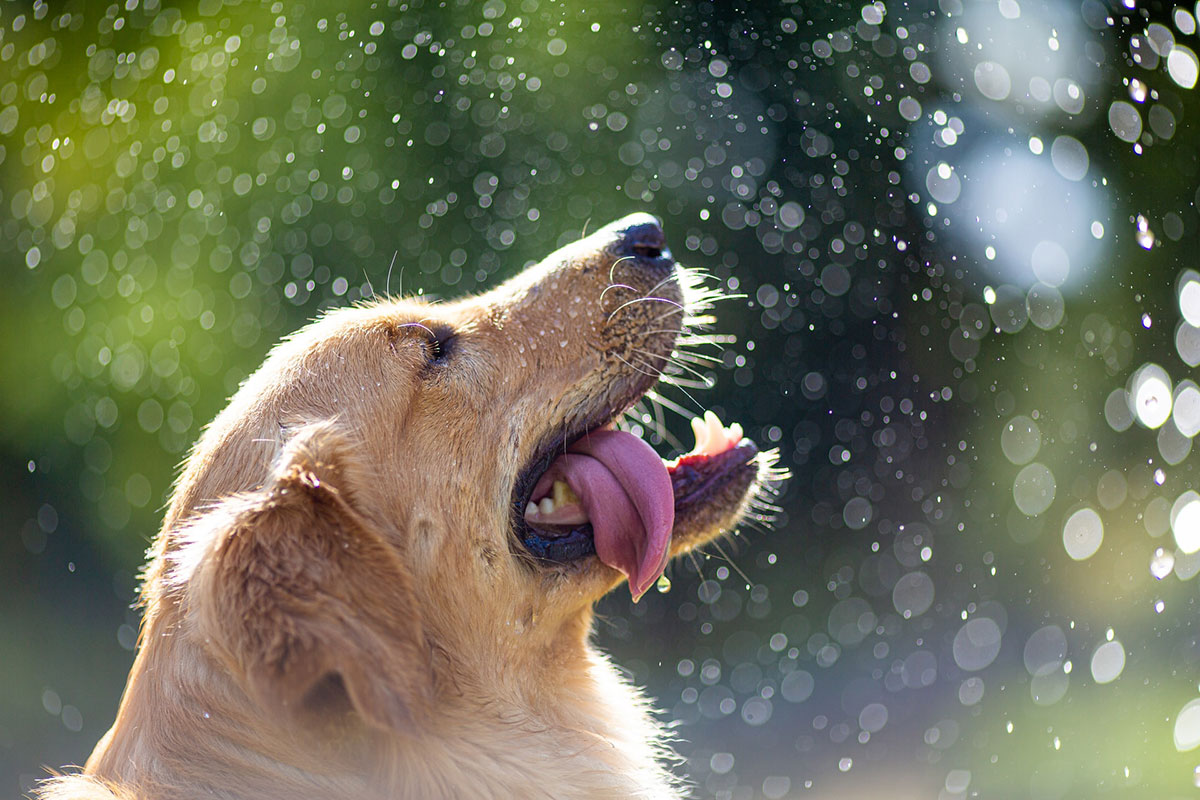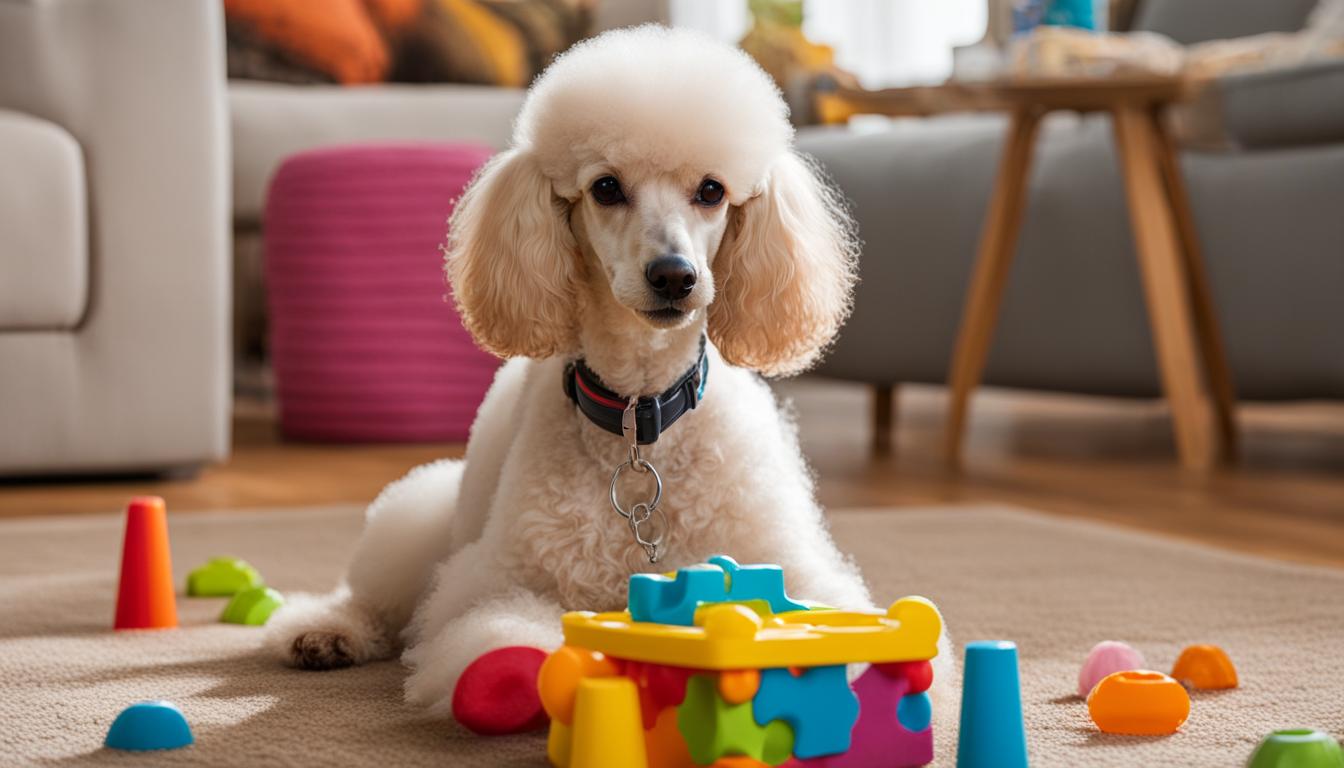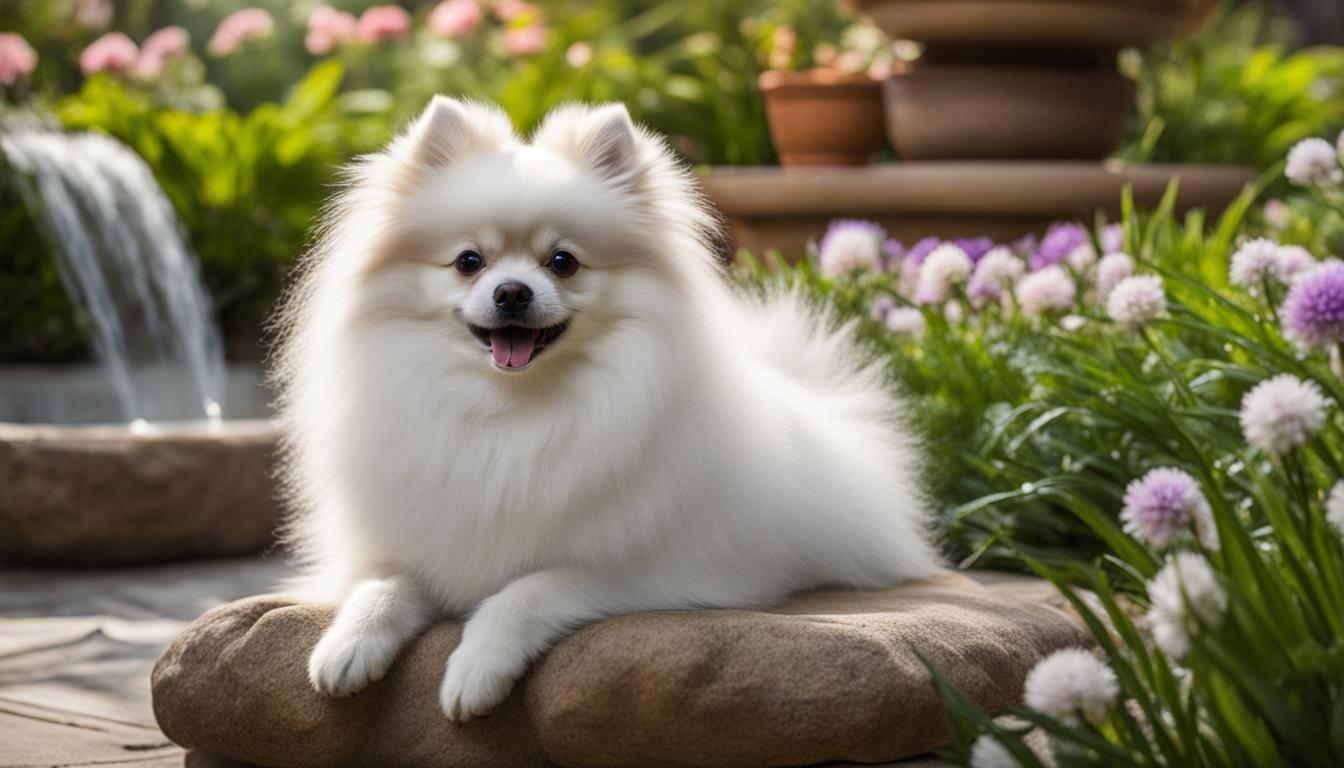Huskies are naturally vocal, and howling is part of their behavior. But, excessive howling can be a problem for owners.
It’s important to understand why Huskies howl. It could be due to boredom, anxiety, or a need for attention. Knowing the cause helps in effective dog training.
This article will look into why Huskies howl. It will also give tips on reducing excessive vocalization. By the end, you’ll know how to make your Husky a better companion.
Why Huskies Are Naturally Vocal Dogs
Huskies are naturally vocal because of their history as sled dogs. Their ancestors were bred to communicate well while pulling sleds. This trait has been passed down through generations.
Howling vs. Barking vs. “Talking”
Huskies make different sounds like howling, barking, and “talking.” Howling is a primal form of communication, used over long distances. Barking is a quick response to something nearby. “Talking” is what Huskies do to chat with people.

In sled dog teams, dogs used vocalizations to work together. Huskies, being part of these teams, learned to use specific sounds. They would alert others to dangers or signal their position. This is why Huskies today are naturally vocal.
Their love for talking shows their history as sled dogs. It highlights the role of communication in their original purpose.
Common Triggers for Excessive Howling in Huskies
Several common triggers can cause a Husky to howl excessively. Understanding these triggers is crucial to addressing the issue effectively.
One of the primary triggers for excessive howling in Huskies is separation anxiety. Huskies are social animals that thrive on interaction. When left alone for extended periods, they can become anxious, leading to howling.
Another significant trigger is medical issues. Pain or discomfort due to health problems can cause a Husky to howl more than usual. It’s essential to monitor your Husky’s health and consult a veterinarian if you suspect a medical issue.

Environmental stimuli such as sirens, other animals, or even certain types of music can trigger howling in Huskies. Identifying and managing these stimuli can help reduce excessive howling.
By understanding and addressing these common triggers, you can take the first step towards reducing your Husky’s excessive howling.
The Impact of Excessive Vocalization on Apartment Living
Huskies that vocalize too much can cause problems in apartment living. This is because their howling or barking can disturb neighbors. Living close to others means their noise can be a big issue.
Noise complaints are a big problem for those who live in apartments with loud Huskies. The constant noise can upset neighbors and damage relationships.

To solve these problems, you need to find out why your Husky is making so much noise. Giving them enough exercise, mental challenges, and training can help. This can make their howling less frequent and quieter.
- Understand the triggers behind your Husky’s vocalization.
- Implement strategies to reduce their stress and anxiety.
- Train your Husky to respond to quiet commands.
By doing these things, you can keep your living space peaceful. This will also lower the chance of getting noise complaints.
How to Assess If Your Husky’s Vocalization Is Problematic
To figure out if your Husky’s barking is a problem, look at their overall behavior and surroundings. Too much barking might mean they’re feeling anxious or have a health issue.
Watch how your Husky barks. Keep a record of when they bark, how long, and what might cause it. This can show if their barking is linked to certain times or events.

| Signs of Problematic Vocalization | Possible Causes |
|---|---|
| Howling persists for extended periods | Separation anxiety, medical issues |
| Vocalization is triggered by specific events | External stimuli, anxiety |
| Howling occurs at unusual times | Discomfort, attention seeking |
By looking at these signs, you can understand your Husky’s behavior better. This helps find the reasons behind their barking.
Stop Your Husky From Excessive Howling And Vocal Behaviors: A Comprehensive Plan
Excessive howling in Huskies can be managed with a clear plan. It’s important to have a strategy that includes many parts.
First, consistency is key when dealing with a vocal Husky. Maintaining consistency across different handlers ensures your dog gets the same message and training, no matter who they’re with.
Maintaining Consistency Across Different Handlers
To achieve consistency, all family members or handlers need to be on the same page. This can be done by:
- Establishing a routine that everyone follows
- Using the same commands and hand signals
- Setting clear boundaries and expectations
Establishing Clear Communication Signals
Clear communication is vital in reducing your Husky’s excessive howling. By setting clear signals, you can help your dog understand what you want them to do.
Some effective ways to establish clear communication signals include:
- Using positive reinforcement training methods
- Being consistent in your tone and body language
- Avoiding complex commands or signals
By using these strategies and staying consistent, you can reduce your Husky’s excessive howling and vocal behaviors. Remember, a comprehensive plan is key to addressing this issue. With patience and persistence, you can help your dog become a more harmonious companion.
Physical Exercise Strategies to Reduce Vocalization
Regular physical exercise is key to cutting down on vocalization in Huskies. It helps burn off their energy, making them less likely to howl too much.
Daily Exercise Needs by Age and Health Status
The amount of exercise a Husky needs changes with age and health. Puppies need shorter, gentler workouts. Adult Huskies, on the other hand, require longer, more intense activities. A healthy adult Husky should get at least 1-2 hours of exercise daily.
Exercise Options for Apartment Dwellers
Huskies in apartments face limited exercise options. But, indoor games like hide-and-seek, climbing stairs, and indoor fetch can be great. Regular walks and dog park visits also help meet their needs.
Running and hiking are top choices for Husky exercise. These activities not only burn their energy but also keep their minds sharp. Start with short distances and increase them as they get fitter.
Dog Sports for High-Energy Breeds
Dog sports like agility, sled dog racing, and obedience training are perfect for Huskies. These activities challenge them physically and mentally, reducing howling.
By adding these exercise strategies to your Husky’s routine, you can lessen their vocalization. Make sure to adjust the exercise to fit their age, health, and individual needs.
Mental Stimulation Techniques to Keep Your Husky Quiet
Keeping your Husky’s mind busy can help them stop howling. This makes your home quieter. There are many ways to keep their mind active.
Puzzle toys filled with treats are a great idea. They challenge your Husky to get the treats out. This keeps them busy and happy. You can also try scent work, where you hide treats or toys with a strong scent. This game encourages your Husky to use their sense of smell to find them.
Obedience training is another good option. It not only keeps their mind sharp but also teaches them good behavior. For more on why dogs howl, check out this article.
| Mental Stimulation Technique | Description | Benefits |
|---|---|---|
| Puzzle Toys | Toys filled with treats that challenge Huskies to figure out how to get them out. | Keeps Huskies occupied and stimulated. |
| Scent Work | Hiding treats or toys with a strong scent for Huskies to find. | Engages Huskies’ sense of smell and challenges them. |
| Obedience Training | Training that reinforces good behavior and stimulates the mind. | Improves behavior and reduces vocalization. |
Adding these mental games to your daily routine can help. It can make your Husky less vocal and your home more peaceful. For more tips on managing barking in other breeds, see this resource.
Positive Reinforcement Training Methods for Vocal Control
Positive reinforcement training is a great way to teach Huskies to control their voices. It rewards good behavior instead of punishing bad ones.
Why Positive Reinforcement Works
Positive reinforcement is simple: it rewards good actions. For Huskies, being quiet gets them treats and praise. This makes them want to stay quiet more often.
Why Punishment Can Backfire with Huskies
Punishing Huskies for barking can make things worse. It can cause them to be more anxious and bark even more. Huskies don’t like being scolded.
Building Trust Through Positive Methods
To use positive reinforcement well, you need to trust your Husky. Here’s how to do it:
- Begin by giving your Husky treats for being calm.
- Use treats and praise to show them they’re doing well.
- Stick to your training plan every time.
By following these steps and using positive training, you can teach your Husky to be quiet.
Key Takeaways
- Positive reinforcement is a strong tool for teaching vocal control.
- Stay away from punishment, as it can make things worse.
- Being consistent and patient is crucial for good training.
Using positive reinforcement training can make your home a happier place for you and your Husky.
Managing Separation Anxiety in Vocal Huskies
It’s important to manage separation anxiety in Huskies to reduce their excessive barking. This breed often gets anxious when left alone, leading to loud howling and other vocal behaviors.
Understanding Separation Anxiety in Huskies means knowing the signs. These include constant howling, destructive actions, and pacing. To tackle this, owners can try a few strategies.
| Strategy | Description | Benefits |
|---|---|---|
| Gradual Separation | Gradually increase alone time to help your Husky adjust. | Reduces anxiety by acclimating your Husky to being alone. |
| Leave a Familiar Object | Leave an article of clothing with your scent for comfort. | Provides reassurance and reduces stress. |
| Provide Mental Stimulation | Engage your Husky with puzzle toys filled with treats. | Distracts from anxiety and keeps your Husky occupied. |
Using these strategies can greatly lessen your Husky’s separation anxiety and barking. Creating a calm space and using anxiety management methods also helps.
Being consistent and patient is crucial in helping a Husky with separation anxiety. With the right approach and time, you can reduce their barking and improve their happiness.
Environmental Modifications to Reduce Howling Triggers
Making a few simple changes can help reduce your Husky’s howling. These changes can make your home and yard more peaceful. This is good for both you and your pet.
Soundproofing Your Home is a great way to block out noise. You can add soundproofing materials to walls, windows, and doors. This helps keep out outside noise.
Adjusting your yard can also help. You can block views of passersby or other animals. Or, you can reduce noise from neighbors.
| Environmental Modification | Effect on Howling |
|---|---|
| Soundproofing | Reduces external noise triggers |
| Yard adjustments | Minimizes stimuli causing howling |
| White noise machines | Creates a constant, soothing sound |
White noise machines are also helpful. They make a constant sound that masks other noises. This can stop howling.
With these changes, you can greatly reduce your Husky’s howling. Your home will become a more peaceful place.
Products and Tools That Can Help Manage Husky Vocalizations
If your Husky is barking too much, there are ways to help. You might need to use different products and tools to calm them down. These can include specific items designed to soothe your dog.
Natural Calming Products
There are natural products that can help your Husky bark less. Here are a few:
- Pheromone diffusers like Adaptil, which mimic the calming scent mother dogs produce to calm their puppies.
- Calming treats containing ingredients like L-theanine or chamomile, which can help reduce anxiety.
- Calming collars that release pheromones or other calming substances directly near the dog’s neck.
If natural products don’t work, you might need to talk to a vet. They can suggest prescription medications. These can help with too much barking. Always work with a vet to find the right solution for your dog.
Looking into natural products and prescription options can help manage your Husky’s barking. This way, you can find a solution that works for your dog.
When to Seek Professional Help
If your Husky keeps howling and you’ve tried everything, it’s time to get professional help. Excessive howling can mean there’s a deeper issue that needs expert care.
Behavioral Trainers vs. Veterinary Behaviorists
There are experts who can help with your Husky’s howling. Behavioral trainers focus on changing behavior through training. On the other hand, veterinary behaviorists are vets who specialize in animal behavior. They can also look into medical reasons for the howling.
What to Expect from Professional Intervention
When you get professional help, expect a detailed look at your Husky’s behavior. Experts will create a plan to find and fix the cause of the howling. They’ll teach you how to manage your Husky’s behavior effectively.
Conclusion: Living Harmoniously With Your Vocal Husky
Living with a vocal Husky needs patience, understanding, and smart strategies. Knowing why Huskies bark a lot and what makes them howl helps a lot. This knowledge is the first step to a quieter home.
Using physical exercise, mental games, and positive training can cut down on barking. Also, dealing with separation anxiety and changing your home can lessen howling. These steps are key to a quieter life.
By using the tips from this article, you can enjoy having a dog without too much noise. With the right steps, you and your Husky can live in peace. This will make your life together better for both of you.






